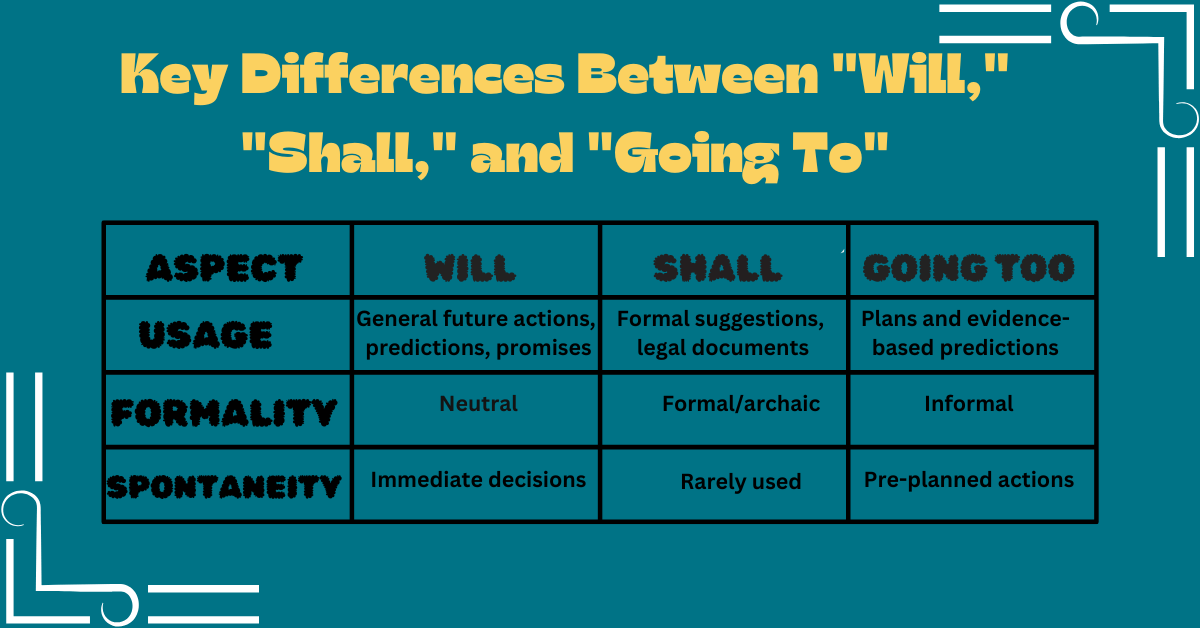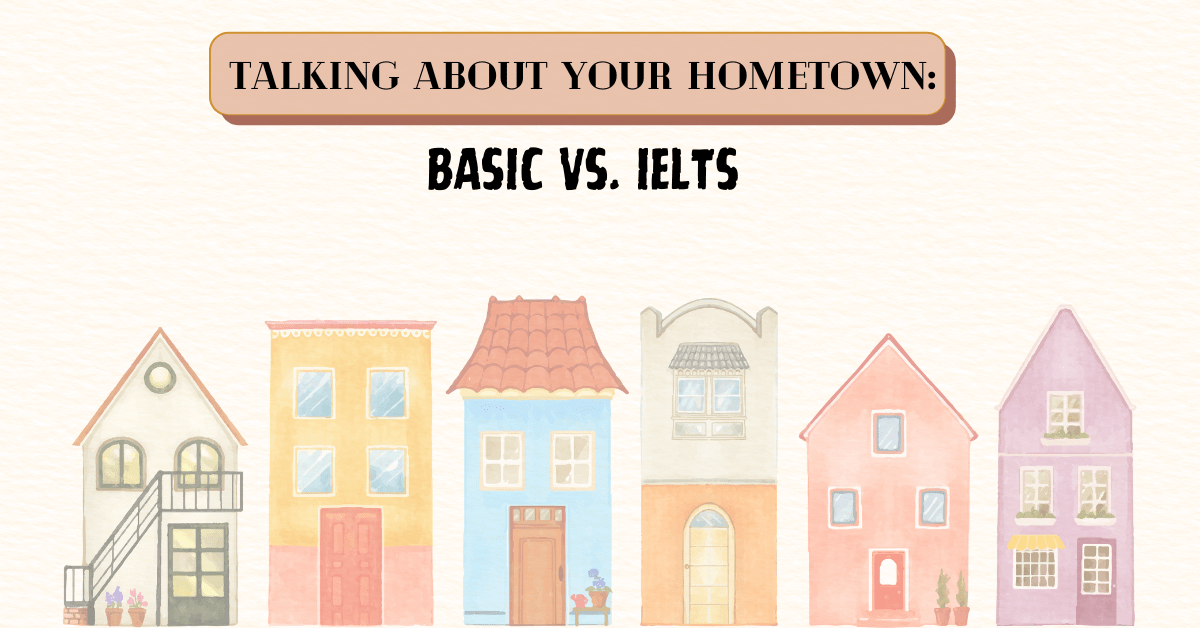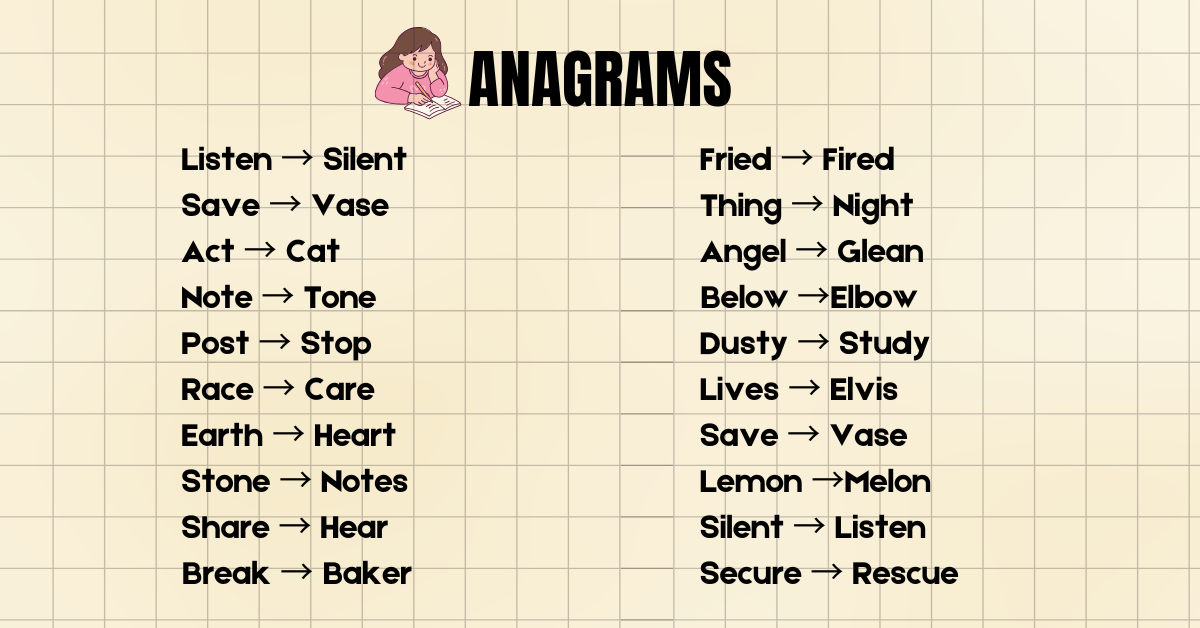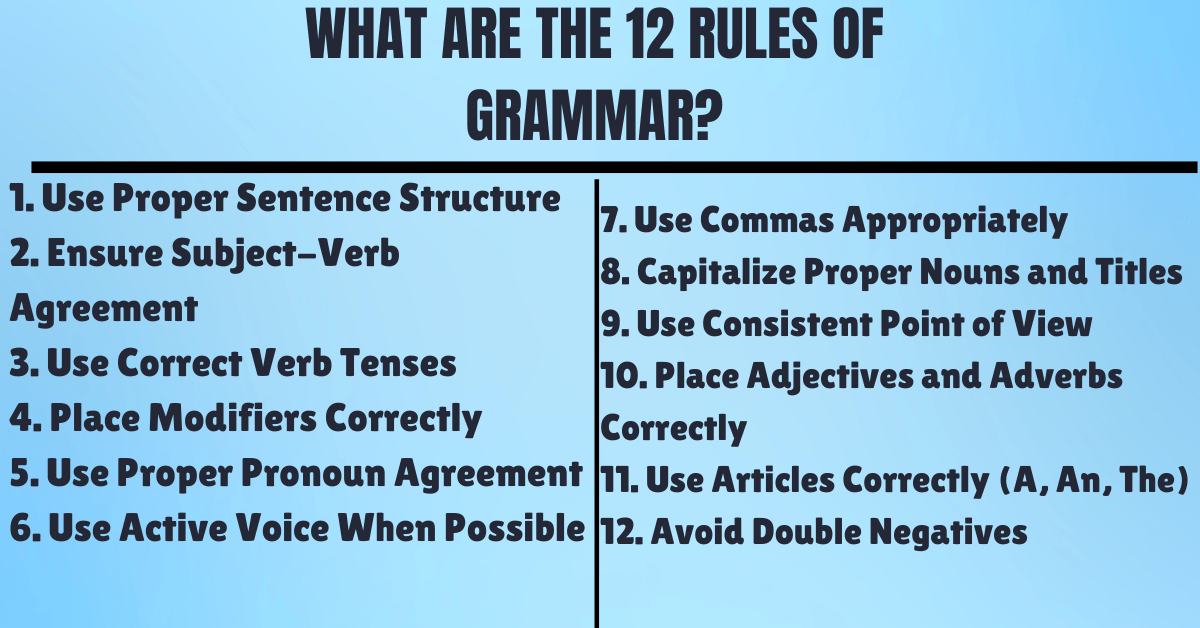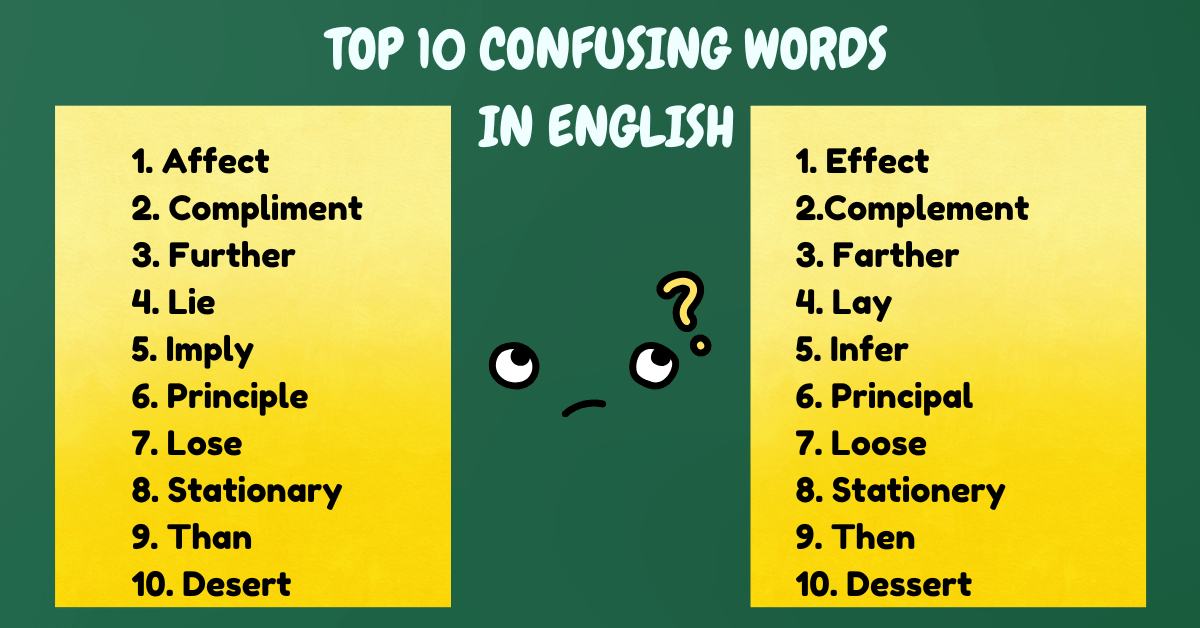When it comes to mastering a profession, industry-specific vocabulary is essential. Whether you’re a doctor, engineer, entrepreneur, or creative professional, knowing the right terminology helps you communicate clearly and confidently in your field.
This guide introduces key professional vocabulary across various industries, from medicine and engineering to business and hospitality. Whether you’re a student, job seeker, or working professional, understanding these terms will help you enhance your communication skills and excel in your career.
Why Learning Professional Vocabulary is Important?
- Improves Communication – Using the right terms makes conversations clear and effective.
- Enhances Professionalism – Employers and colleagues appreciate those who can speak confidently in their industry.
- Helps in Job Interviews – Knowing industry-specific terms can help you impress interviewers.
- Boosts Workplace Performance – Understanding workplace vocabulary can increase efficiency and accuracy.
- Builds Confidence in English Communication – Knowing the right words makes professional conversations smoother.
Struggling with Professional Communication? EngVarta Can Help!
Having the right vocabulary is important, but using it correctly in conversations is even more crucial. That’s where EngVarta comes in!


Download Your Free PDF: Industry-Specific Vocabulary
To help you learn the most important professional vocabulary words, we’ve created a comprehensive PDF guide that includes 50 professions along with 10 essential vocabulary words for each profession.

[Download PDF] – Essential Vocabulary for Different Professions]
A Sneak Peek Into Some Professions & Vocabulary
Here’s a preview of some of the professions covered in the PDF and why mastering their vocabulary is essential:
1. Medical Professions (Doctors, Nurses, Surgeons, Pharmacists, etc.)
- Knowing terms like Diagnosis, Prescription, Surgery, Anesthesia, and Symptom is crucial for medical professionals.
- Helps in effective communication with patients, doctors, and healthcare staff.
2. Engineering & Technology Professions (Civil Engineer, Software Engineer, Robotics Engineer, etc.)
- Engineers and tech professionals use words like Blueprint, Algorithm, Debugging, Infrastructure, and Automation.
- These terms are fundamental in design, programming, and development.
3. Business & Finance Professions (Accountant, Banker, Marketing Manager, etc.)
- Words like Revenue, Investment, ROI, Branding, and Portfolio help professionals manage financial and business growth.
- Used frequently in financial reports, market strategies, and sales pitches.
4. Creative Professions (Filmmaker, Graphic Designer, Writer, Photographer, etc.)
- Terms like Cinematography, Typography, Composition, and Manuscript are essential for professionals in the media, film, and design industry.
- These help in storytelling, branding, and creative expression.
5. Hospitality & Travel Professions (Hotel Manager, Chef, Flight Attendant, Tour Guide, etc.)
- Key words like Reservation, Itinerary, Layover, Inflight Service, and Garnish help in customer service, travel planning, and food presentation.
- Knowing these terms can improve service quality and communication with guests.
How to Learn and Use Professional Vocabulary?
- Read Industry-Specific Content – Articles, reports, and research papers use professional terms in context.
- Watch Interviews & Podcasts – Listening to experts can help you understand how to use vocabulary naturally.
- Practice with Flashcards – Write down key terms and their meanings for quick reference.
- Engage in Conversations – Use industry terms in meetings, emails, and networking events.
- Practice Speaking on EngVarta – Join EngVarta’s live sessions to practice using professional vocabulary in real conversations with experts.
- Download & Study the PDF – Our Essential Vocabulary for Different Professions PDF is a great resource to keep handy!
Final Thoughts
Expanding your professional vocabulary boosts your career, improves confidence, and enhances communication skills. No matter your field, understanding industry-specific words can make you stand out.



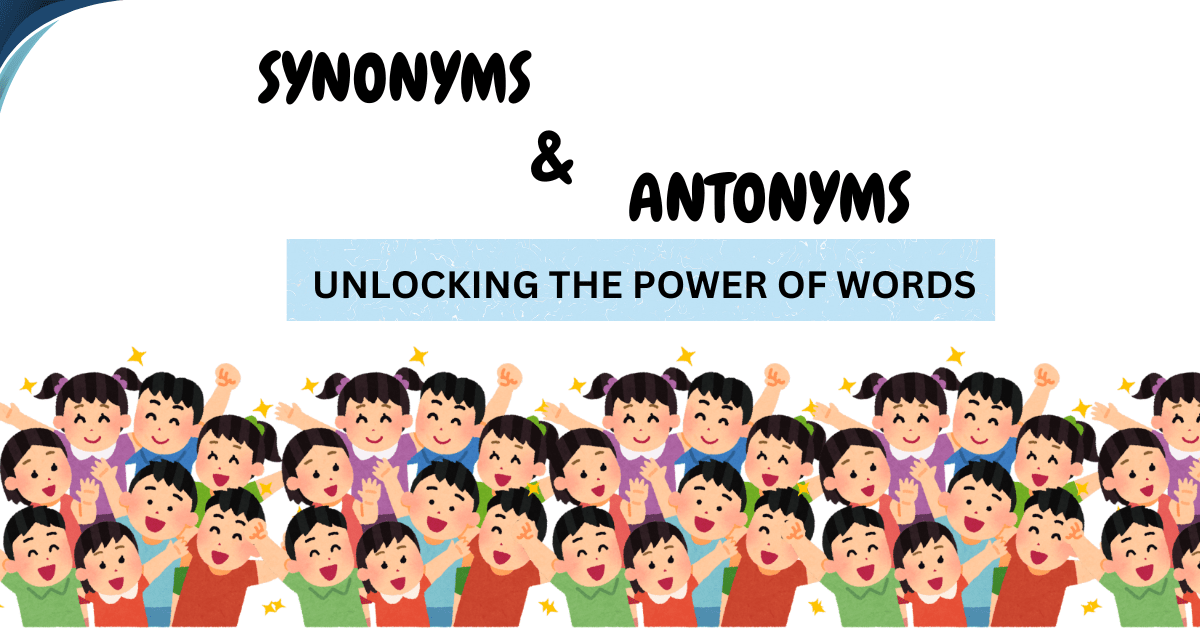
 Avoid repetition – Instead of sounding monotonous, your speech and writing will feel more dynamic.
Avoid repetition – Instead of sounding monotonous, your speech and writing will feel more dynamic. EngVarta: Learn by Speaking with Experts
EngVarta: Learn by Speaking with Experts Example: If you always say “I am very tired”, an expert may suggest saying “I am exhausted” instead.
Example: If you always say “I am very tired”, an expert may suggest saying “I am exhausted” instead. Speak and write more fluently
Speak and write more fluently
